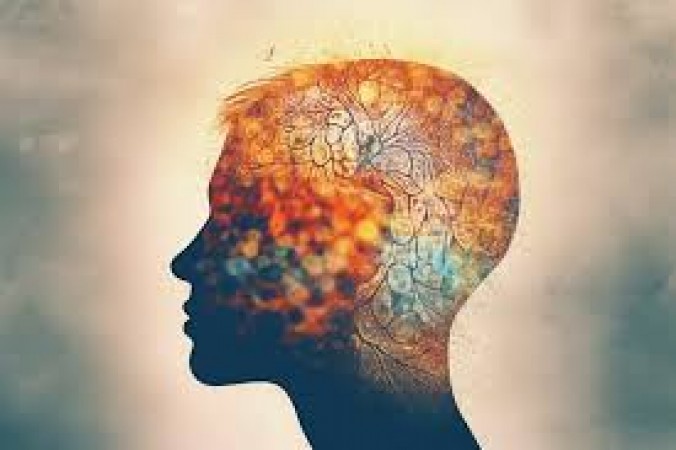
Iron, a vital mineral, plays a crucial role in maintaining not only our physical well-being but also our mental health. Its deficiency can lead to various symptoms that affect both aspects of our health. Let's delve into five symptoms that are commonly observed due to iron deficiency.
Iron deficiency often manifests as persistent fatigue and weakness. This occurs because iron is essential for the production of hemoglobin, a protein in red blood cells responsible for carrying oxygen throughout the body. When iron levels are low, the body struggles to produce an adequate amount of hemoglobin, resulting in reduced oxygen delivery to tissues and organs. Consequently, individuals experience fatigue, weakness, and a general sense of lethargy.
Another symptom of iron deficiency is cognitive impairment, often described as a "foggy brain." Iron is crucial for optimal brain function as it supports the production of neurotransmitters, including dopamine and serotonin, which regulate mood, cognition, and behavior. When iron levels are insufficient, cognitive processes such as concentration, memory, and attention may be impaired, leading to difficulties in thinking clearly and maintaining focus.
Iron deficiency anemia, the most severe form of iron deficiency, can cause noticeable physical symptoms such as paleness and shortness of breath. Without adequate iron, the body cannot produce enough hemoglobin to support oxygen transport, resulting in a decrease in the oxygen-carrying capacity of the blood. As a result, individuals may appear pale, particularly in the face, lips, and inner lining of the eyelids. Furthermore, inadequate oxygen supply to tissues can lead to shortness of breath, especially during physical exertion.
Restless Legs Syndrome (RLS) is a neurological disorder characterized by uncomfortable sensations in the legs and an irresistible urge to move them. While the exact cause of RLS is not fully understood, research suggests that iron deficiency may contribute to its development. Iron plays a role in dopamine metabolism, and low iron levels may disrupt dopamine signaling in the brain, leading to abnormal sensations in the legs and the urge to move them to alleviate discomfort.
Iron deficiency can also impact mood and emotional well-being, potentially leading to symptoms such as irritability, anxiety, and depression. Iron is involved in the synthesis of neurotransmitters that regulate mood, including serotonin and dopamine. Insufficient iron levels may disrupt the balance of these neurotransmitters, contributing to mood disturbances. Moreover, the fatigue and cognitive impairment associated with iron deficiency can exacerbate feelings of irritability and sadness, further affecting mental health.
In conclusion, iron plays a fundamental role in both physical and mental health. Its deficiency can lead to a range of symptoms, including fatigue, cognitive impairment, paleness, restless legs syndrome, and mood changes. Recognizing these symptoms is crucial for early intervention and treatment to prevent further health complications. By ensuring an adequate intake of iron through a balanced diet and, if necessary, supplementation, individuals can support their overall well-being and maintain optimal health.
Today is going to be like this for Gemini, know your horoscope....
Be careful today Libra people, know your horoscopeTaurus will solve the problems, know what your horoscope says ...
Today is going to be a hectic day for people of these zodiac signs, know your horoscope